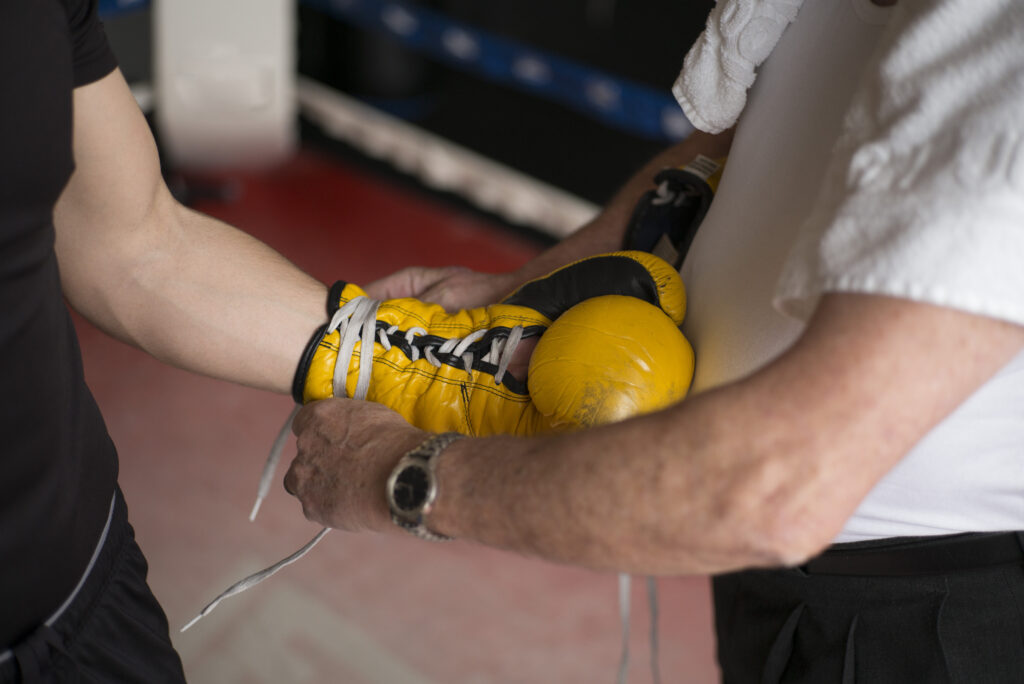Understanding Rock Bottom
The phrase “hitting rock bottom” is often used to describe the lowest point in someone’s struggle with addiction, a moment of despair, crisis, or overwhelming consequences that forces a person to face the reality of their substance use. But the truth is, rock bottom looks different for everyone.
For some, it’s losing a job or home. For others, it might be a DUI, a relationship ending, or a serious health scare. And sometimes, it’s quieter: waking up every day feeling numb, hopeless, or out of control.
What matters most isn’t how deep the bottom feels, it’s the realization that something needs to change.
Common Identifiers of Rock Bottom
There are certain patterns and events that often signal someone may have reached their personal bottom. These can include:
- Legal trouble (arrests, probation, DUI)
- Loss of relationships (divorce, estrangement from family or friends)
- Job loss or financial ruin
- Physical deterioration (malnutrition, overdose, unmanaged illness)
- Mental health breakdown (severe depression, anxiety, suicidal thoughts)
- Emotional emptiness or spiritual despair
- A complete loss of control over using or drinking
At Etowah Recovery Center, we want to be clear: You don’t have to lose everything to ask for help. Rock bottom is not a prerequisite for recovery, it’s a wake-up call.
Why Rock Bottom Can Be a Turning Point
As devastating as it feels, rock bottom can be the beginning of hope. It’s often the moment where denial breaks, and acceptance begins. That internal shift, from resisting change to being open to help, is one of the most powerful catalysts in recovery.
Many people who come through our doors say the same thing:
“I had nothing left. That’s when I realized I had everything to gain.”
And they’re right. Once the chaos stops and help begins, recovery becomes not just possible, it becomes life-saving.
How Etowah Recovery Center Can Help
Whether you’re at rock bottom or trying to avoid it, treatment is the next right step. At Etowah Recovery Center, we offer:
- Medical detox and withdrawal management
- Evidence-based therapies (CBT, DBT, trauma-informed care)
- Dual diagnosis treatment for co-occurring mental health conditions
- Family counseling and relationship rebuilding
- Flexible programs like PHP, IOP, and outpatient
- Long-term support through alumni groups and aftercare
We don’t just help you stop using, we help you rebuild a life. One filled with meaning, purpose, and connection.
You Don’t Have to Wait to Hit Bottom
If you or someone you love is struggling, you don’t need to hit a dramatic low before reaching out. Recovery can start today, even in the middle of the chaos. The earlier you act, the easier it is to change course.
At Etowah Recovery Center, we meet you exactly where you are, no shame, no judgment, just support and a proven path forward.





